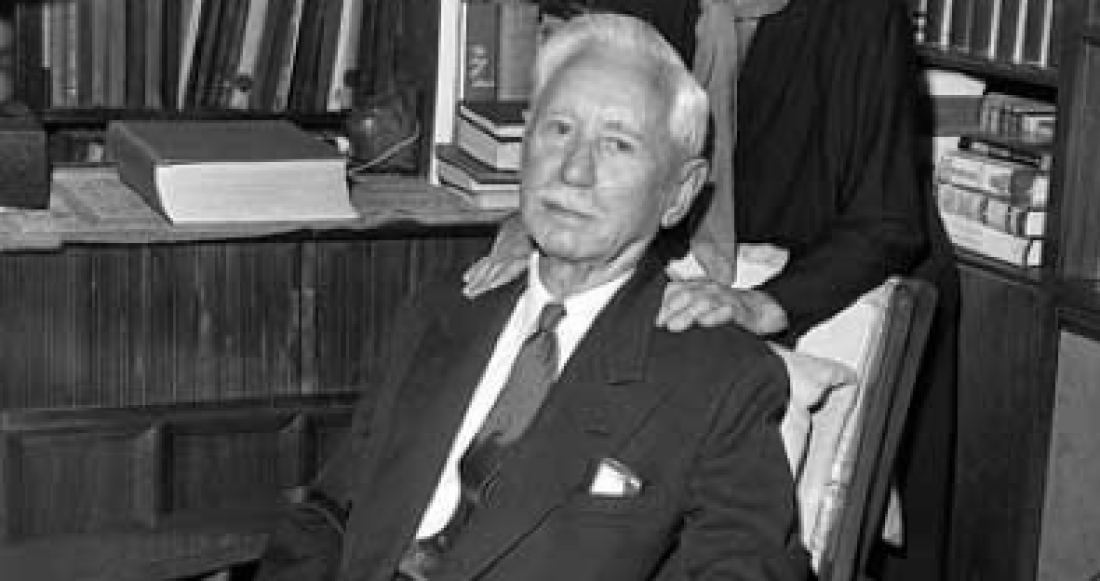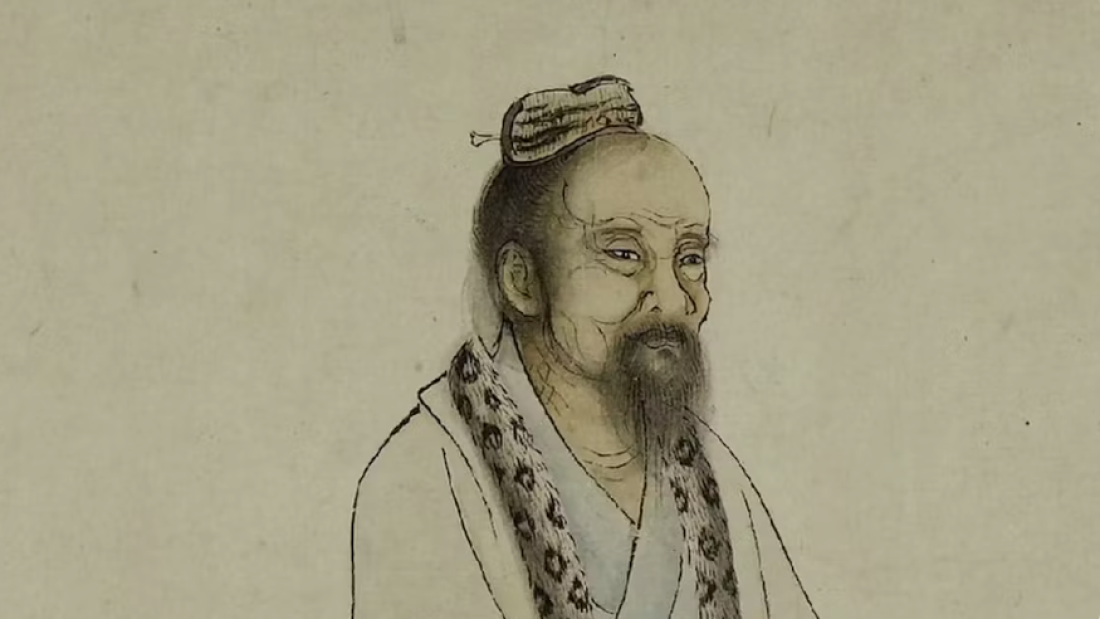Ukraine, Russia end 'difficult' two days of Geneva talks, agree to continue negotiations
U.S.-mediated talks between Russia and Ukraine in Geneva were “difficult” but yielded some progress, Ukrainian President Volodymyr Zelenskyy said,...
Behind closed doors or at public summits, diplomacy quietly shapes our world. It’s more than handshakes, it’s about negotiation, persuasion, and preventing conflict. But how does diplomacy actually work, and what tools keep nations talking instead of fighting?
What is diplomacy, really?
At its core, diplomacy is the art of managing international relations through dialogue, negotiation, and compromise, rather than conflict. Think of it as global conflict resolution: countries expressing their interests, navigating disagreements, and seeking mutually acceptable solutions.
Diplomacy also fosters cooperation in areas such as trade, climate change, health, and peacebuilding. Whether it’s negotiating a ceasefire or brokering a trade deal, diplomacy plays a critical behind-the-scenes role.
As American historian and philosopher Will Durant once said, “To say nothing, especially when speaking, is half the art of diplomacy.” Listening and reading between the lines are often just as vital as speaking.

What makes a good diplomat?
Diplomats aren't simply messengers. They need a deep understanding of:
They must:
They succeed not just by what they say, but by knowing when to say nothing at all.
The tools of diplomacy
Diplomacy involves a wide range of tools, some soft, others strategic.
1. Negotiation
This is the foundation of diplomacy. Whether formal or informal, negotiation helps parties find common ground.
“Diplomacy is the craft of negotiation, striving to achieve maximum group objectives with minimum costs.” — Quincy Wright, American political scientist and expert on international law
2. Communication
From speeches to backchannel messages, effective diplomacy relies on thoughtful, strategic communication.
“Communication is to diplomacy what blood is to the human body. When communication stops, diplomacy dies.” — Trần Văn Dĩnh, Vietnamese diplomat and scholar of international relations
3. Intelligence and analysis
Diplomats gather and report information — from media, embassies, and personal networks — to guide decisions and negotiations.
“Always speak the truth and never embellish it.” — Zhuang Zhou, ancient Chinese philosopher and foundational figure in Taoist thought.
While not a diplomat, his wisdom is often applied in the context of ethical diplomacy.

4. Incentives and sanctions
Diplomacy includes economic levers: aid, trade deals, or sanctions. These can reward or penalise depending on a country’s behaviour.
5. Public diplomacy
Beyond closed-door meetings, states influence public opinion through cultural exchanges and international communication.
“We may have different religions, different languages, different coloured skin, but we all belong to one human race.” — Kofi Annan, former Secretary-General of the United Nations
Forms of diplomacy
Diplomacy takes many shapes:
When diplomacy stalls
Not all talks succeed. When diplomacy hits a wall, states may:
Even during war, diplomacy often remains the only path back to dialogue.
Outcomes of diplomacy
A successful diplomatic effort may yield:
For example, NATO emerged from post–World War II diplomacy. Today, climate accords and AI safety frameworks are similarly built through patient negotiation.
Why diplomacy still matters
Diplomacy is what keeps the international system functioning. It reduces tensions, builds understanding, and tackles global crises peacefully.
“Diplomacy and defense are not substitutes for one another. Either alone would fail.” — John F. Kennedy
“The best propaganda is not propaganda.” — Joseph Nye
“Diplomacy: the art of restraining power.” — Henry Kissinger
Conclusion
Diplomacy isn’t just handshakes and headlines. It’s a strategic craft rooted in communication, cultural awareness, and problem-solving. In a fast-changing world, diplomacy, principled and skilled, remains essential to peace and progress.
Cuba’s fuel crisis has turned into a waste crisis, with rubbish piling up on most street corners in Havana as many collection trucks lack enough petrol to operate.
Ruben Vardanyan has been sentenced to 20 years in prison by the Baku Military Court after being found guilty of a series of offences including war crimes, terrorism and crimes against humanity.
Canadian Prime Minister, Mark Carney, announced on 16 February that the Honourable Janice Charette has been appointed as the next Chief Trade Negotiator to the United States. She's been tasked with overseeing the upcoming review of the Canada-United States-Mexico Agreement (CUSMA).
The Pentagon has threatened to designate artificial intelligence firm Anthropic as a “supply chain risk” amid a dispute over the military use of its Claude AI model, according to a report published Monday.
Israeli airstrikes on southern Lebanon killed two people in 12 hours, Lebanon’s Health Ministry said on Tuesday.
U.S.-mediated talks between Russia and Ukraine in Geneva were “difficult” but yielded some progress, Ukrainian President Volodymyr Zelenskyy said, adding that both sides agreed to continue negotiations despite their remaining differences.
Millions of Muslims around the world have begun observing Ramadan, the ninth month of the Islamic lunar calendar and the most sacred period in Islam.
Foreign intelligence services are able to see messages sent by Russian soldiers using the Telegram messaging app, Russia's minister for digital development Maksud Shadayev said on Wednesday, the Interfax news agency reported.
Meta Chief Executive Mark Zuckerberg is expected to testify in a high-profile trial in Los Angeles examining claims that the company’s platforms contributed to youth addiction and mental health harm.
The drumbeats have finally faded at the Marquês de Sapucaí, bringing the competitive phase of the Rio Carnival 2026 to a dazzling close. Over two marathon nights of spectacle, the twelve elite schools of the "Special Group" transformed the Sambadrome into a riot of colour.
You can download the AnewZ application from Play Store and the App Store.

What is your opinion on this topic?
Leave the first comment